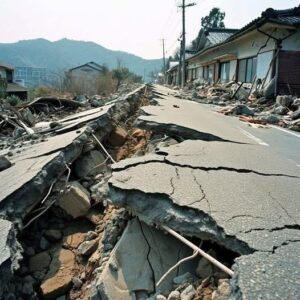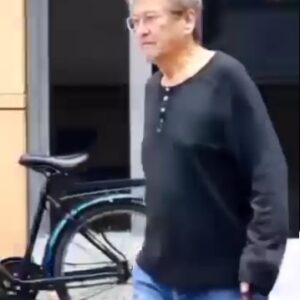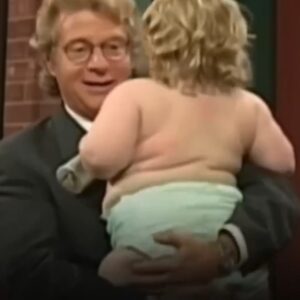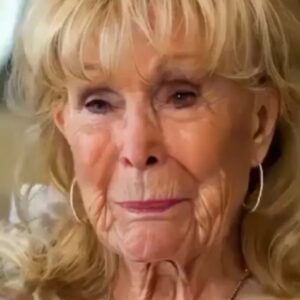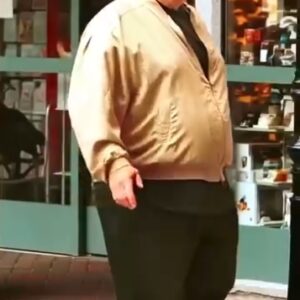Teacher have hardened me to many things, but there are moments where even the toughest exterior can crack. This was one of them. The sight of those bikers, clad in leather and denim, rolling up on their roaring machines, was enough to make my breath hitch and my heart feel like it might just give out.
My son, Alex, was only seventeen. He was that rare blend of kindness and courage, someone who never hesitated to stand up for what was right, even when it cost him. I always knew he was special, but seeing the sheer number of people whose lives he had touched was overwhelming. His death was sudden and senseless—a reckless joyride gone wrong, with four teenagers thinking they were invincible. They’d stolen their father’s car and taken it for a spin, not realizing that their actions would have irreversible consequences.
The bikers were a group I’d heard about but never fully understood until that day. They were more than just a motorcycle club; they were a brotherhood. They called themselves the Iron Guardians. Just weeks before Alex’s untimely death, I’d learned how he had befriended some of them at the community center where he volunteered. He’d talked about them at the dinner table, about how they ran programs for at-risk youth and organized charity rides.
“Dad, they’re not what people think. They’re solid,” he’d said, his eyes lighting up with that earnest conviction I loved so much. I should have known that if Alex vouched for them, they were good people.
As I stood at the graveside, the rumbling of their bikes felt like a protective shield around my fragile heart. Their presence was a testament to the impact my son had left behind. The leader of the group, a broad-shouldered man with a silver beard and compassionate eyes, approached me. His name was Bear, and he had a voice that rumbled like distant thunder.
“Mr. Johnson, we’re so sorry for your loss. Alex was one of us. He had a spirit as fierce as any rider here, and he believed in making things better.”
I nodded, my throat too tight to speak. Bear went on to present me with a leather jacket, an honorary symbol of the club. On the back, stitched in silver thread, was the phrase, “Ride in Peace, Alex.”
“We wanted you to know he’ll always ride with us,” Bear said, his eyes misty with something I could only assume mirrored my own feelings.
The ceremony was a blur. Words were spoken, tears were shed, and memories of my son were shared like precious currency. But the presence of those bikers transformed the narrative of the day. It was no longer just about loss; it was about community and unyielding support.
In the weeks that followed, the bikers didn’t just disappear. They checked in on us, helped with chores we might have neglected, and even started a scholarship in Alex’s name. For the four teenagers, there was a trial, but I was less interested in seeing them punished than I was in ensuring something good came from all this tragedy.
The bikers agreed. They took those kids under their wing, involving them in their community projects, mentoring them, and showing them another path. It was something Alex would have wanted—redemption over retribution.
In the end, nobody expected fifty bikers at my son’s funeral, but their presence was a reminder that Alex’s spirit would never be confined to a grave. It lived on, roaring through the streets on the backs of iron horses, wrapped in leather and love.
